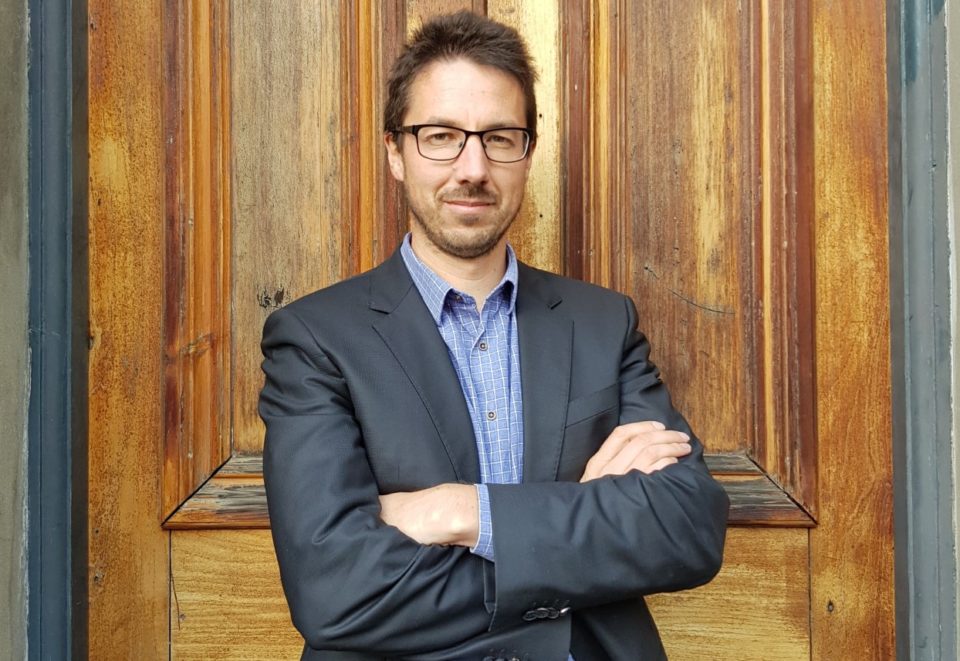By Brett Crombie, Director, Straightedge Accounting. 
Russian novels are not generally known for their business lessons, least of all Fyodor Dostoevsky’s novels, which tend toward themes of religion, political philosophy and tortured psychology.
Recently I read The Brothers Karamazov, published in 1880 and often regarded as Dostoevsky’s most theological novel. The plot involves a murder and its subsequent trial, with the three brothers as the central characters.
The book is a brilliant character study, with the common view being that the three brothers represent the three major stages of human development. Reading the book with my usual interest in sourcing business lessons, it struck me that the three brothers can also represent three quite distinct stages of business development.
One brother, Mitya, is a pleasure-seeking, indecisive and somewhat impulsive fellow, who gets tangled up in all manner of financial and personal strife. He drinks heavily, gets into fights and is a generally unreliable dandy.
Another brother, Ivan, takes a rather intellectual approach to life. A committed atheist, Ivan approaches all questions from a rational and clinical point of view, firmly rejecting any spiritual components of life.
Finally, Alyosha represents the third and in the author’s view most complete stage of development. He spends time in a monastery before going out into the world generally dispensing quiet wisdom and listening to people. Alyosha has a mature take on the world and is quick to forgive.
Whether done deliberately or not, every business exhibits a set of characteristics, which have a ‘personality’ profile of sorts. Some businesses operate a bit like Mitya, they operate in a fast and loose way, with little planning or strategy and offering services or products based on whatever seems likely to turn a quick dollar. They run overdrafts, lease flashy work vehicles and casually overpay for supplies. Unsurprisingly these are the businesses that end up in financial strife, with little chance of sustained growth.
Another stage of business development is the ‘Ivan’ stage. This is when business is done in a very black and white way, where everything is to do with money. These businesses are profitable, but there is little space for the human dimension of business. These business owners can fail to see that it can be more fruitful in the longer term to cultivate strong relationships with customers, suppliers and staff rather than narrowly focus on costs and profits.
The most developed approach to business would be Alyosha’s. These are the businesses that operate with an understated confidence. They tend not to crow too much about how great they are and instead get on with business in a purposeful way. They produce sound profits, but also are willing to take a ‘human’ approach, seeing the business as more than just a money-making machine.
Although it is unlikely Dostoevsky had business lessons in mind when he wrote this novel, business is a human endeavour with a large psychological element, so the links are close. The pitfalls, cautionary tales and flawed approaches to life that he describes in a character such as Mitya, have their parallels in business. On the flipside, a business modelled on the balanced, confident and purposeful character of Alyosha has a far higher chance of sustained, long-term profitable success. LG


